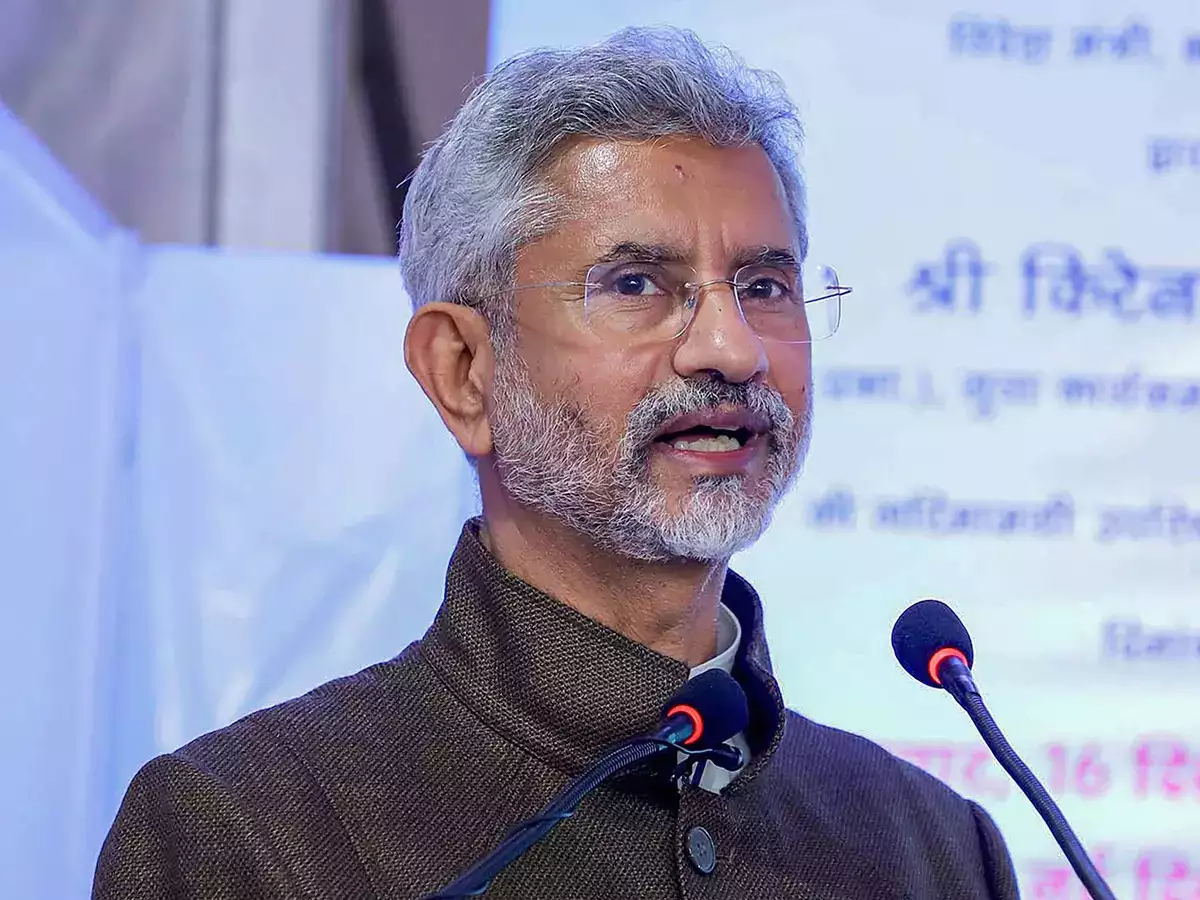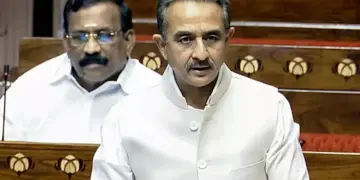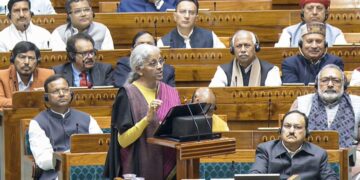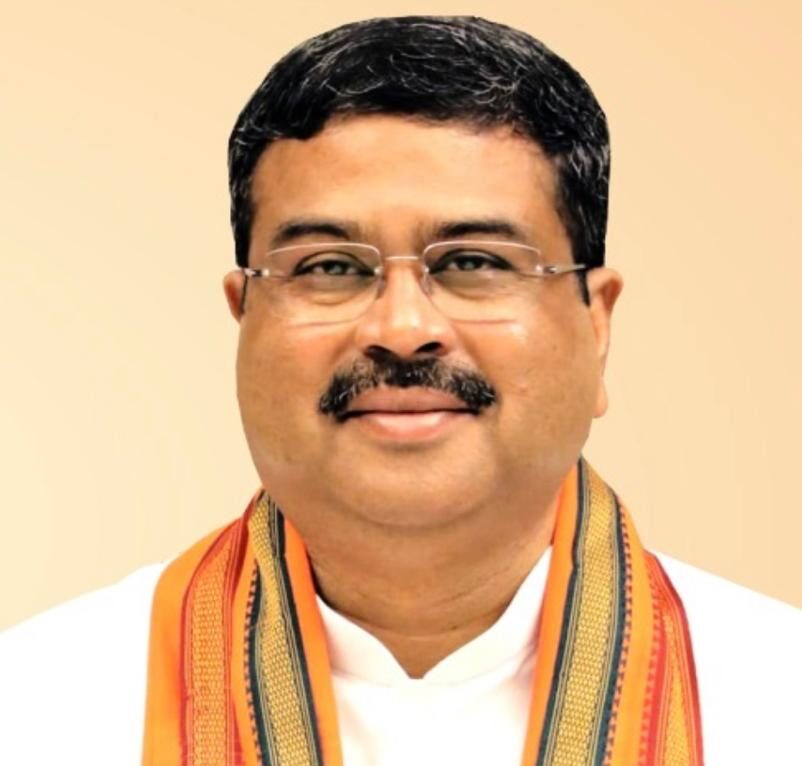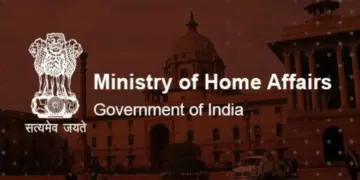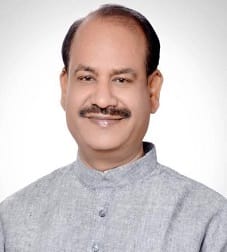Beijing: India and China should build on “good progress” in normalising the bilateral ties to address border-related issues including de-escalation, and it is essential to avoid “restrictive trade measures and roadblocks”, External Affairs Minister S Jaishankar said on Monday during talks with his Chinese counterpart Wang Yi.
In his opening remarks at the meeting, Jaishankar said the bilateral relations can develop in a “positive trajectory” on the foundation that differences should not become disputes and nor should competition become conflict, adding the ties can be built only on the basis of mutual respect, mutual interest and mutual sensitivity.
The external affairs minister said India hopes “zero tolerance for terrorism” will be upheld at the upcoming meeting of the SCO, saying its primary mandate is to combat terrorism, separatism and extremism, comments seen as a reference to Pakistan’s support to cross-border terrorism.
Jaishankar met Wang hours after he landed in China on a two-day visit to attend a conclave of the Shanghai Cooperation Organisation (SCO). It is his first visit to the neighbouring country since bilateral ties witnessed a severe downturn following the Galwan Valley clashes in June 2020.
The external affairs minister also held talks with Chinese Vice President Han Zheng and conveyed to him that continued normalisation of bilateral ties can lead to mutually beneficial outcomes.
In the last nine months, India and China have been engaged in normalising their relations after ending the military face-off along the Line of Actual Control (LAC) in October last year.
Though the two sides disengaged troops from the friction points, they are yet to de-escalate the situation by pulling back the frontline forces from the border. Each side currently has around 50,000 to 60,000 troops along the LAC in the eastern Ladakh region.
In his remarks at the meeting with Wang, Jaishankar also underlined the need to avoid “restrictive” trade measures and “roadblocks”, in an apparent reference to Beijing’s approach on export of critical minerals as well as issues relating to the supply of fertilisers.
“We have made good progress in the past nine months for the normalisation of our bilateral relations. It is a result of the resolution of friction along the border and our ability to maintain peace and tranquillity there,” he said.
“This is the fundamental basis for mutual strategic trust and for smooth development of bilateral relations. It is now incumbent on us to address other aspects related to the border, including de-escalation,” the external affairs minister said.
Jaishankar also repeated New Delhi’s consistent position that India-China ties should be based on “mutual respect, mutual interest and mutual sensitivity”.
“As neighbouring nations and major economies in the world today, there are various facets and dimensions of our ties. Measures towards normalising our people-to-people exchanges can certainly foster mutually beneficial cooperation,” he said.
“It is also essential in this context that restrictive trade measures and roadblocks are avoided. I hope to discuss these issues in further detail.”
The external affairs minister noted that “stable and constructive” ties between India and China are not only to each other’s benefit, but that of the world as well.
“This is best done by handling relations on the basis of mutual respect, mutual interest and mutual sensitivity.”
“We have also earlier agreed that differences should not become disputes, nor should competition ever become conflict. On this foundation, we can now continue to develop our ties along a positive trajectory,” he said.
Jaishankar said the bilateral relationship requires both sides taking a “far-seeing approach” even as he referred to a meeting between Prime Minister Narendra Modi and Chinese President Xi Jinping in Kazan in October last year.
Since our leaders’ meeting, the India-China relationship has been gradually moving in a positive direction, he said, adding “our responsibility is to maintain that momentum.”
“In recent times, the two of us have had several opportunities to meet at international events and carry out strategic communication. It is our expectation that this will now be regular and take place in each other’s countries,” Jaishankar added.
The external affairs minister noted that the two sides have marked the 75th anniversary of diplomatic relations and appreciated the resumption of the Kailash Manasarovar Yatra after a gap of five years.
The external affairs minister also wished the Chinese side a successful SCO presidency and that India is committed to ensuring “good outcomes and decisions”.
In his meeting with Zheng, Jaishankar said an open exchange of views between the two sides is “very important” considering the “complex” global scenario.
Jaishankar travelled to China less than three weeks after Defence Minister Rajnath Singh visited the Chinese port city of Qingdao to participate in the SCO defence ministers’ conference.
The military standoff in eastern Ladakh began in May 2020, and a deadly clash at the Galwan Valley in June that year resulted in a severe strain in ties between the two neighbours.
The face-off effectively ended following completion of the disengagement process from the last two friction points of Demchok and Depsang under an agreement finalised on October 21 last year.
The decision to revive various dialogue mechanisms was taken at the meeting between Prime Minister Modi and Chinese President Xi in Kazan.
The Modi-Xi meeting came two days after India and China firmed up a disengagement pact for Depsang and Demchok.

